Voice referendum versus same-sex marriage vote: how every electorate compares
Across the past two national votes, on same-sex marriage and an Indigenous voice to parliament, the residents of Bonner have almost perfectly mirrored how the nation voted as a whole.
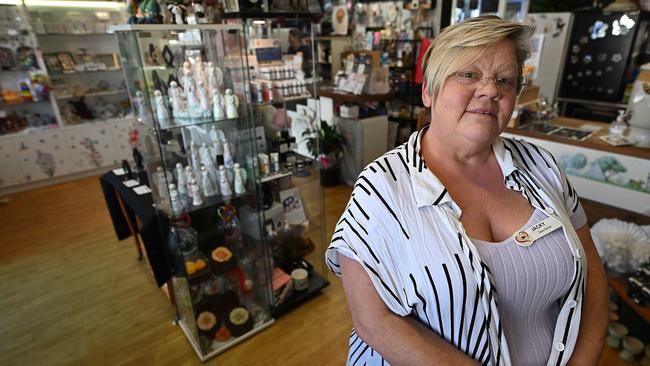
On Brisbane’s east side lies a microcosm of Australia’s social core.
Across the past two national votes, on same-sex marriage and an Indigenous voice to parliament, the residents of the federal electorate of Bonner have almost perfectly mirrored how the nation voted as a whole.
Six years ago, when 61.6 per cent of the nation voted yes to allowing same-sex couples to marry, 62 per cent of Bonner resident followed suit. And, on Saturday, when the voice referendum recorded a No vote of 60.7 per cent (on latest counting), Bonner returned a 60.3 per cent No vote.
No other electorate across has gone as close to the national total across two votes that have tested the mood on important social issues strongly championed by the nation’s progressive leaders.
And, within Bonner, no booth was more representative of the national vote than at Gumdale State School on Cleveland Rd, where 61 per cent of the 3206 formal votes cast were No.
Jacky King, a married mother of two who owns a florist and coffee shop across the road from the school booth, as well as living in Bonner, voted yes for same-sex marriage and no to the voice, like many of her neighbours, on the basis one brought the country together, while the other divided it.
“There wasn’t enough information for me to say yes (to the voice),” she said.
“I thought it would cause too much division in the country.
“ I voted yes for same-sex marriage … the way I look at it is, you can’t help who you fall in love with.”
Puncturing the myth that if you had a high income, were well-educated or both, you would vote yes, both the No-voting electorate of Bonner and the suburb of Gumdale sit well above national averages for median household income and university education.
Certainly, the Yes vote correlated strongly with high incomes and university educations.
Another strong correlation on the voice was geography. Of the 33 electorates that voted yes, 26 were classified inner metropolitan by the Australian Electoral Commission and another five were outer metropolitan. Two provincial seats voted yes, while all of the nation’s 38 rural seats voted no.
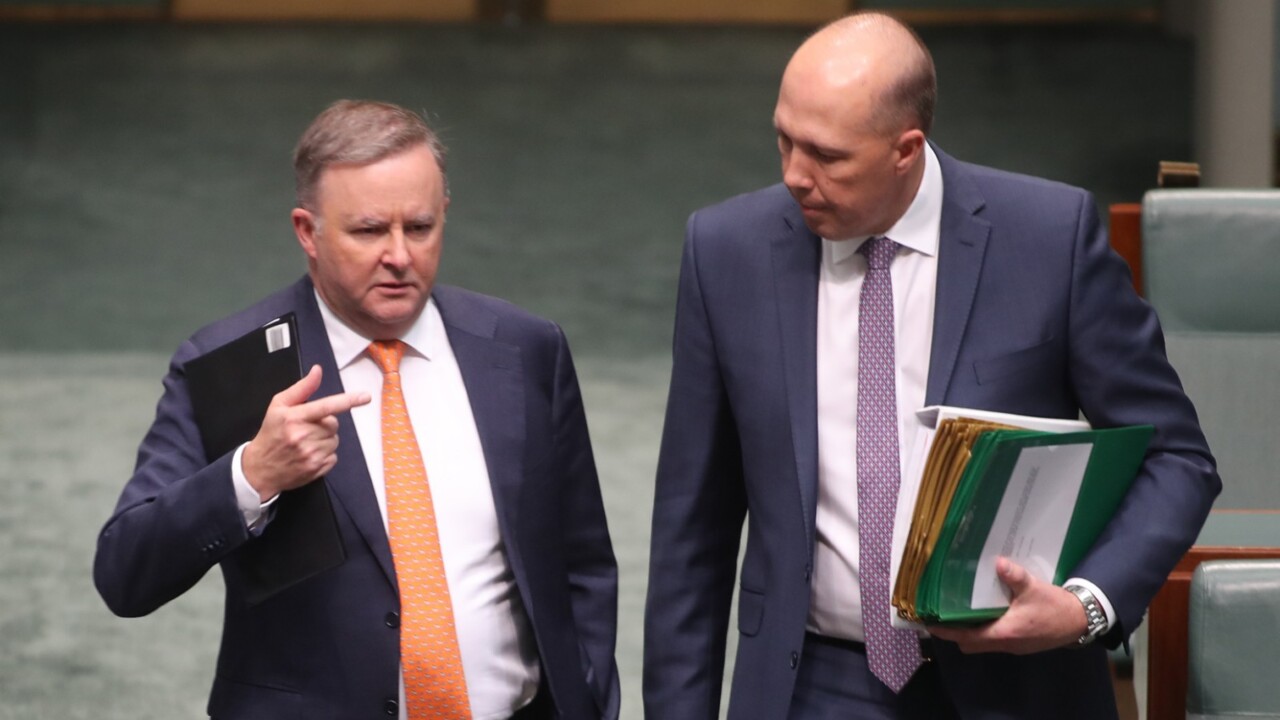
But analysis by The Weekend Australian shows many of the electorates that voted no are home to a large number of aspirational families, with fortysomething parents who completed higher education, climbed past the middle of the income ladder and are busy raising kids.
The 2021 census found professionals and managers were the top two occupations in Bonner, an electorate whose residents are predominantly of Australian, British or Chinese ancestry.
About 16km from Brisbane’s CBD, Gumdale is home to acreage properties and luxury cars, while the neighbouring suburb of Wakerley, where the median house price is more affordable, is popular for young families.
Almost one in three Bonner residents aged 15 and over (32.5 per cent) has a bachelor degree or higher, compared with the national average of 26.3 per cent, while the median weekly household income in the electorate, at $2091, is 20 per cent higher than the national average.
Gumdale’s figures are even higher, with 36.3 per cent holding a university degree and the median weekly household income sitting at $3405.
But Bonner isn’t alone. Another seat that came close to mirroring the national results on same-sex marriage and the voice was Tangney, on the south side of Perth’s Swan River. It too sits above the national average for median weekly household income ($2100) and university education (36.4 per cent).
The voice referendum recorded a wider spread of Yes votes across the nation’s electorates than the same-sex marriage postal survey.
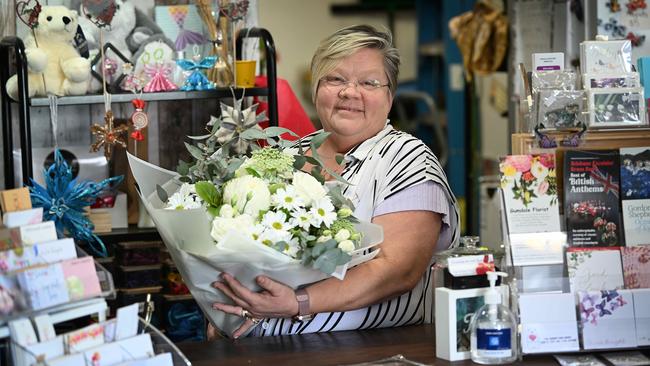
More than 77 per cent voted in favour in ultra-progressive Melbourne – also the seat with the highest approval rating for same-sex marriage – while almost three-quarters of voters in Anthony Albanese’s inner-Sydney seat of Grayndler wrote “Yes”.
At the other end of the spectrum, less than 15 per cent of outback Queensland’s conservative seat of Maranoa voted yes, while five other rural seats in that state failed to reach 20 per cent support for the voice.
But away from the extremes, the pockets of the country that voted no and were on par with the national vote are far from the “poor and uneducated” descriptors being put about by disgruntled elements of the Yes campaign.
Oxley, another outer-metropolitan Brisbane electorate, this one held by Labor, where median household income sits slightly above the national average, and Sturt in Adelaide’s east, which has one of the highest levels of university-educated residents, also came close to matching the same-sex marriage and voice national vote totals.
In Bonner, named after Neville Bonner, the first Indigenous Australian to serve in federal parliament, only 2 per cent of voters are Indigenous, below the state and national averages of 4.6 per cent and 3.2 per cent respectively.
Ms King said she had had a strong sense Australia would vote yes for same-sex marriage and no to the voice, in the lead-up to both polls.
“You can feel it,” she said. “If people are against something, they let you know.”

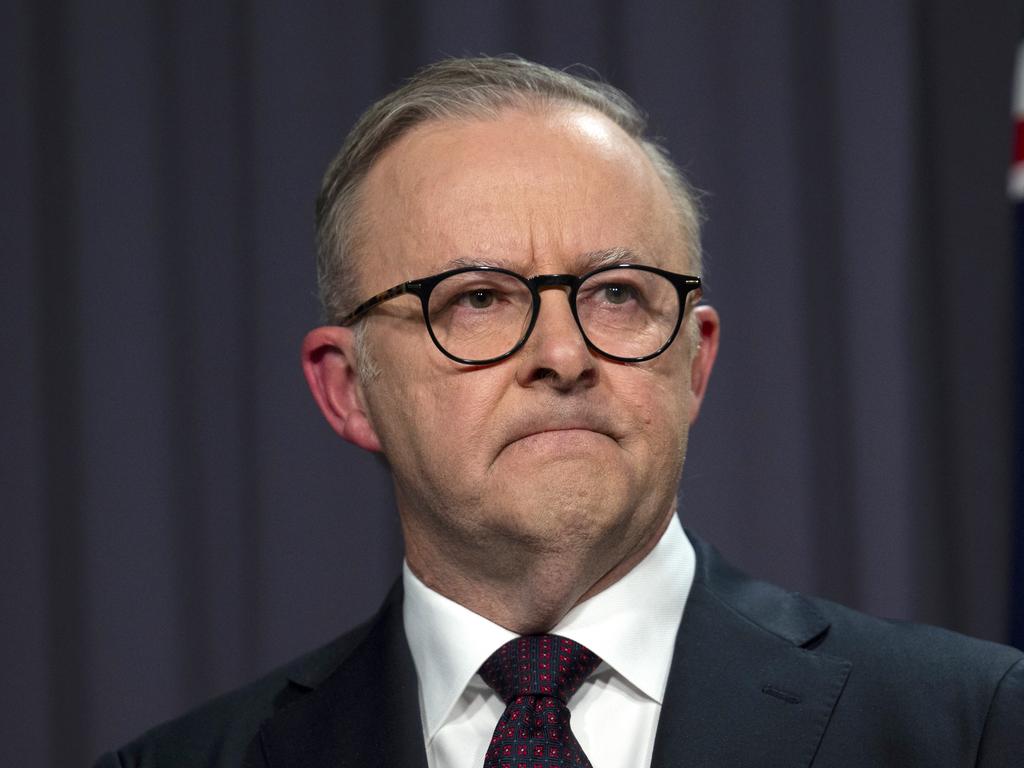
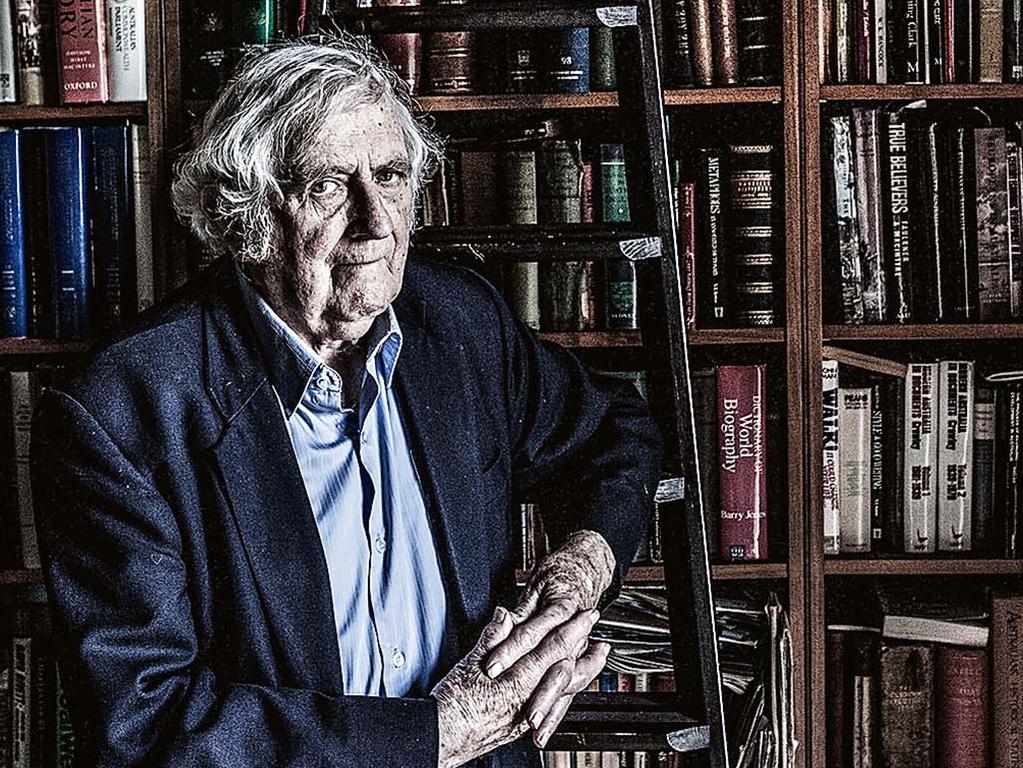


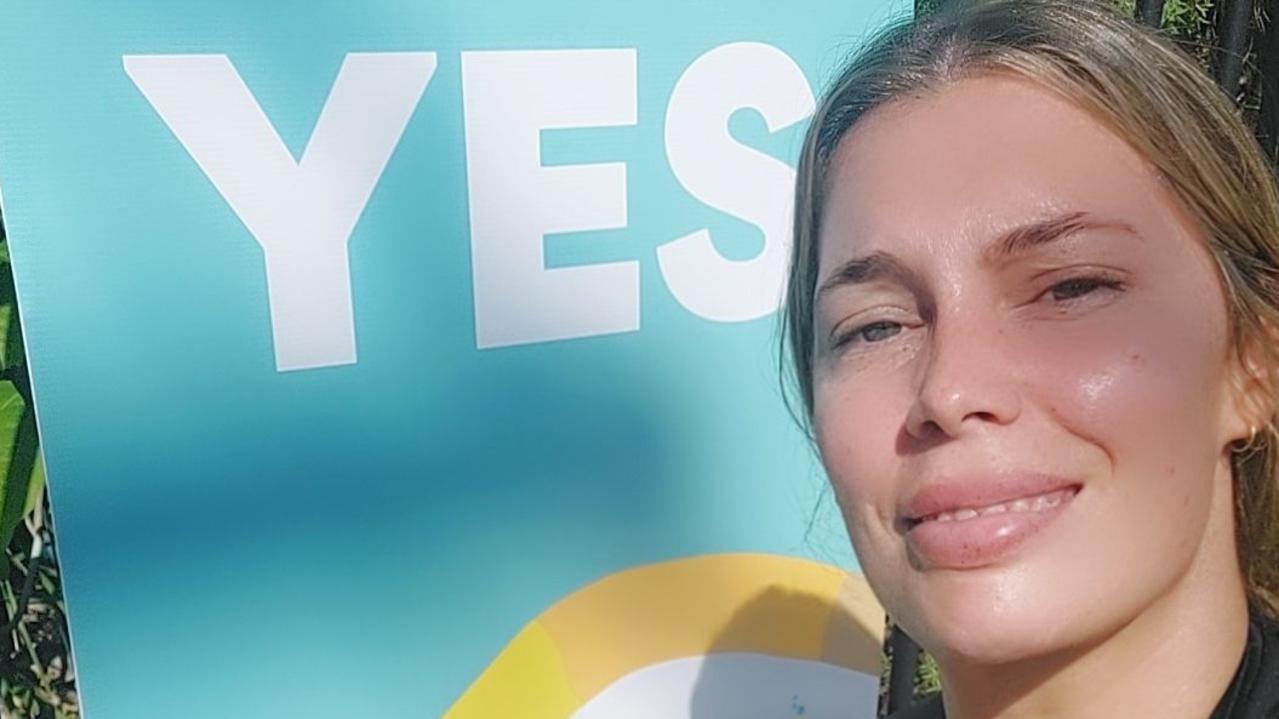
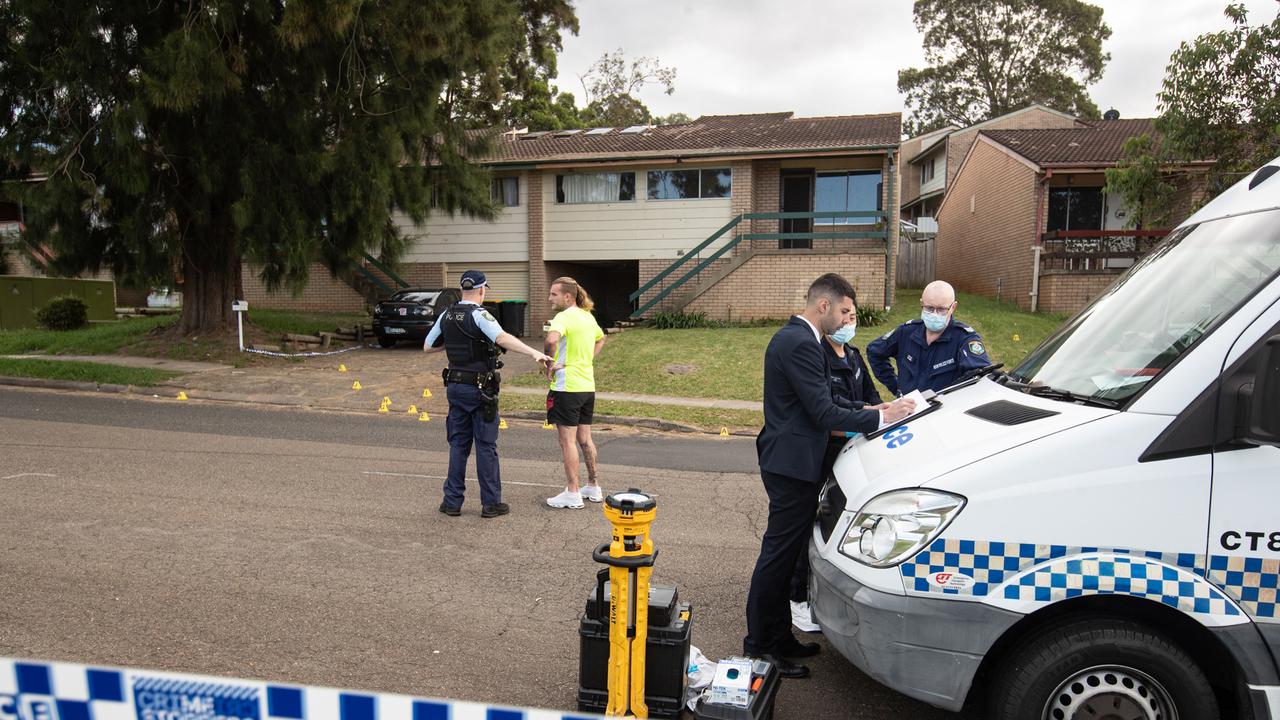
To join the conversation, please log in. Don't have an account? Register
Join the conversation, you are commenting as Logout